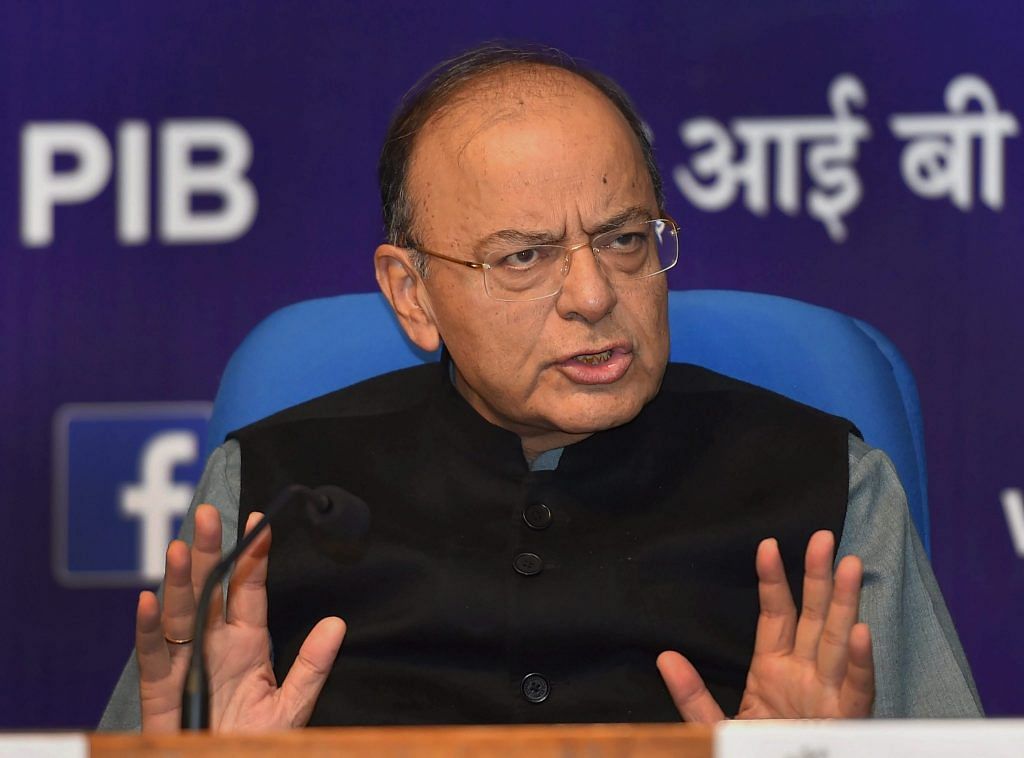RSS affiliates offered suggestions to Modi govt on minimum support price, direct tax and employment generation during pre-budget discussions.
New Delhi: The Modi government’s last full budget should focus on alleviating the distress in the farm sector – that was the main demand of RSS affiliates such as the Swadeshi Jagran Manch, the Bharatiya Mazdoor Sangh and Bharatiya Kisan Sangh in pre-budget discussions with the government. In an interview with Assistant Editor Pragya Kaushika, BJP national spokesperson on economic affairs Gopal Krishna Agarwal talks about the other demands and suggestions made at the discussions and the expectations. Excerpts:
It is believed that agriculture was the most debated topic during discussions. Can you elaborate on that?
The discussions with various organisations, government representatives and policy makers were largely focused on increasing income of farmers. BJP leaders and those associated with the farm sector believed that only minimum support price (MSP) for the produce will not be enough to solve farmers’ problems.
Was there any suggestion other than assuring MSP for farmers?
It has been debated for a long time. A proposal for direct procurement of the commodity by state governments and payment of MSP seems to be in the pipeline. The Centre may propose that state should buy produce at MSP irrespective of market price and the central government will bear the cost incurred due to the difference between the MSP and the market rate.
How is the government planning to ensure minimal losses in agriculture sector? Is there any consensus on this issue?
The most important aspect of the pre-budget discussions was to upgrade and create infrastructure in the agriculture sector. Management of produce after procurement dictates the economics and supply. Creation of infrastructure like storage units will reduce the cost of handling of produce procured and minimise the larger amount spent by government in disbursal.
Now that Rail Budget is merged with the Union Budget, what were the specific issues related to this sector which were discussed?
A lot of focus has been given to the safety measures this time. Issues such as renewal of railway tracks, closing of unmanned gates on tracks — there are still 5,000 unmanned gates in India — CCTVs and efforts to provide employment in the sectors were discussed.
What came out of discussions on fiscal consolidation?
The government was given suggestions that it should not reduce expenditure on infrastructure even if fiscal deficit increases compared to previous year. Even if resources do not permit maintaining fiscal deficit, it should not hamper government expenditure on infrastructure.
How can government ensure that incentives are given to sectors to boost employment?
The discussions with various stakeholders from the industry were centred on giving impetus to industries like textiles that helps in employment generation.
Is there a rethink on direct tax?
There is a demand for a rethink on the adjustment of slabs for salaried people. In addition, the government may set higher disinvestment targets as it surpassed this year’s target of Rs 725 billion.
Any headway on the Financial Resolution and Deposit Insurance bill?
At present, there is no transparent mechanism for financial institutions. The bill will make financial institutions more transparent. There is also a proposal to increase the insurance amount from Rs 1 lakh on deposits. However, the bill is pending with the standing committee that will take a call on it.
I could say that the bill will let people know about the risk they will take on their deposits and may prevent people from putting their money in bogus schemes.
